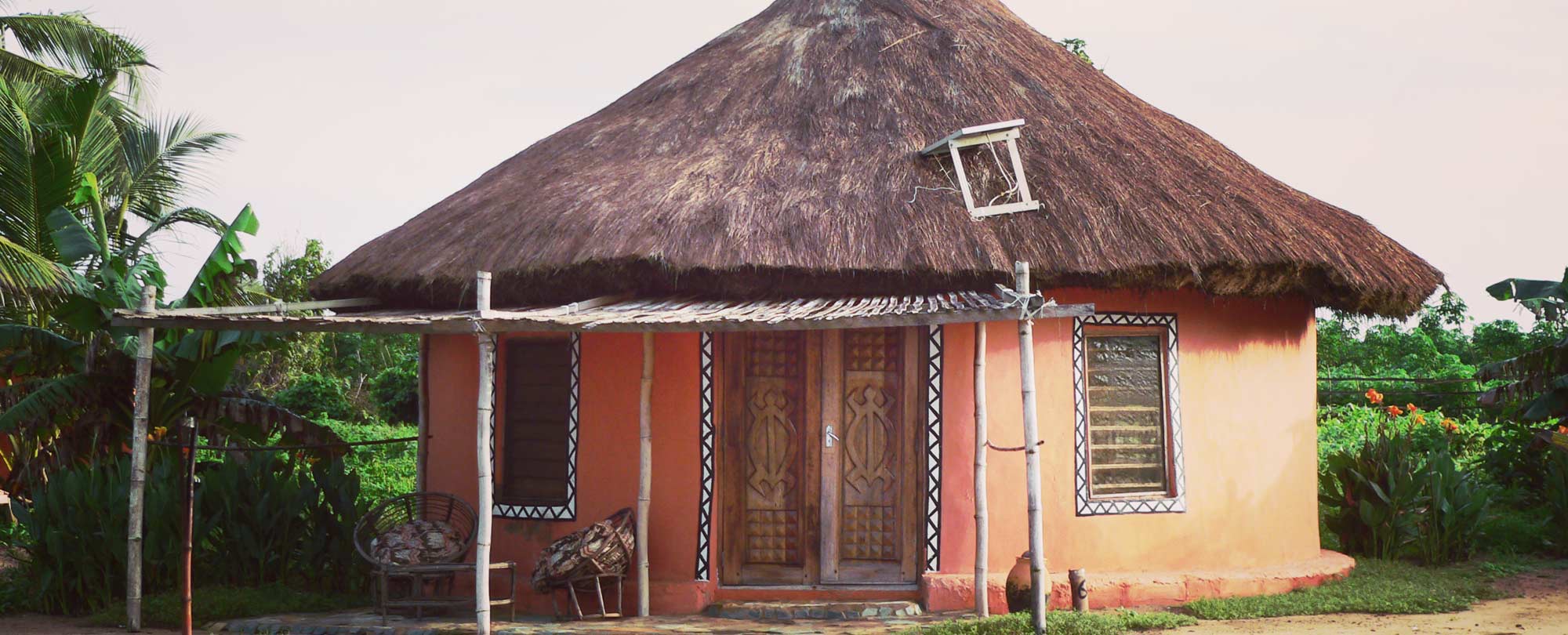For the last couple of years, solar energy has been in the spotlight. It has the potential to transform the lives of those with intermittent or expensive electricity, and also more importantly, the lives of those living off-grid, in remote places. But is it a viable solution for Africa’s energy woes?
Everybody has or knows that wealthy African uncle who has all the privileges of the urban bourgeoisie yet prefers to live deep in the village, with no access to the grid. But thanks to solar, regardless of cost, their energy needs are met. That’s one in a million. But what about those at the bottom of the pyramid? The 80 per cent. They may be living in the same remote places, but these guys can’t afford the luxuries enjoyed by the aforementioned oga. They use hazardous kerosene lanterns for light and burn firewood to cook food.
These people were abandoned until some firms saw an opportunity to make money serving people living in the last mile. And so 2015 will go down as the year solar products went mainstream. High-quality and affordable solar products for lighting and charging radios and phones made it onto the market and satisfied some of the most basic essential needs of African villages.
Living off-grid is a matter of fate or, as the subtext would have it, it is a matter of a lack of funds to hop onto the next bus going to the city.
Mobile payments systems, yoked on major African telcos, are lauded as a true last mile solution to Africa’s mostly unbanked population. Solar product vendors are taking advantage of this to offer high quality products to the people so they can power their mobiles with solar energy and pay for their solar using their mobiles.
It doesn’t look set to stop in 2016. Social activists like Akon are using solar projects to light up unprivileged villages in Africa. While on the consumer side, M-KOPA has been on the charge. And governments got involved too; for example the 21-hectare solar field in Rwanda (in footballing terms, that’s a whole 28 soccer fields dedicated to harnessing and storing solar energy). In the same year, solar-focused startups raised capital in millions of dollars: M-KOPA raised $19.5 million in a series C and Off Grid Electric’s $25 million round was recently capped by an additional $4 million round from USAID. These were among the highest VC figures on the continent last year.
Everyone wants in on this solar thing. Both supply (year-long sunshine) and demand are present. Africa needs energy to power development but that energy need to be clean to fulfil the environmental commitments which have been imposed on the continent by the international community.
Let’s go back to 2012. It was such a dark year for renewable energy globally. The bubble burst and many solar-focused startups failed. Until then, it seemed like a glorious time to be part of tackling the world’s biggest problem, but billions of dollars invested were wasted; the products on the market – the ones that made sense – were usurped by cheaper and poorer quality Chinese substitutes. Some African consumers were using substandard solar panels from China; either way the majority could still not afford them.
It cannot be denied that other countries in Europe and now, Asia, grew by burning more coal.
Perhaps we have a callous indifference to uncertainty. In the U.S, for example, it’s even illegal to live off-grid, regardless of how capable or self-sustaining one is. This is so because giant corporations and the government have an interest in keeping consumers and voters connected to power (electrical and otherwise). While in Africa, it’s quite the opposite: living off-grid is a matter of fate or, as the subtext would have it, it is a matter of a lack of funds to hop onto the next bus going to the city. More plainly put, it is down to sheer poverty. And as western-backed startups running the show come with alluring and flexible solar products mostly for lighting and mobile charging, African governments are sold to the story that solar energy can ably act as an alternative to the already expensive hydro-electricity, and on top of that, it’s good for reducing climate change.
The catch comes in when Africa realises that the solar fields/plants can only power so much but cannot power an economy that wants to supercharge its industrialisation potential. It cannot be denied that other countries in Europe and now, Asia, grew by burning more coal, and didn’t romanticise with solar, or wind, or geothermal energy. News flash again, Africa collectively contributes less than 3% to the global carbon footprint. If you asked me, development priorities should be placed right before we begin worrying about cleanliness; the world was never a blank slate anyway.
